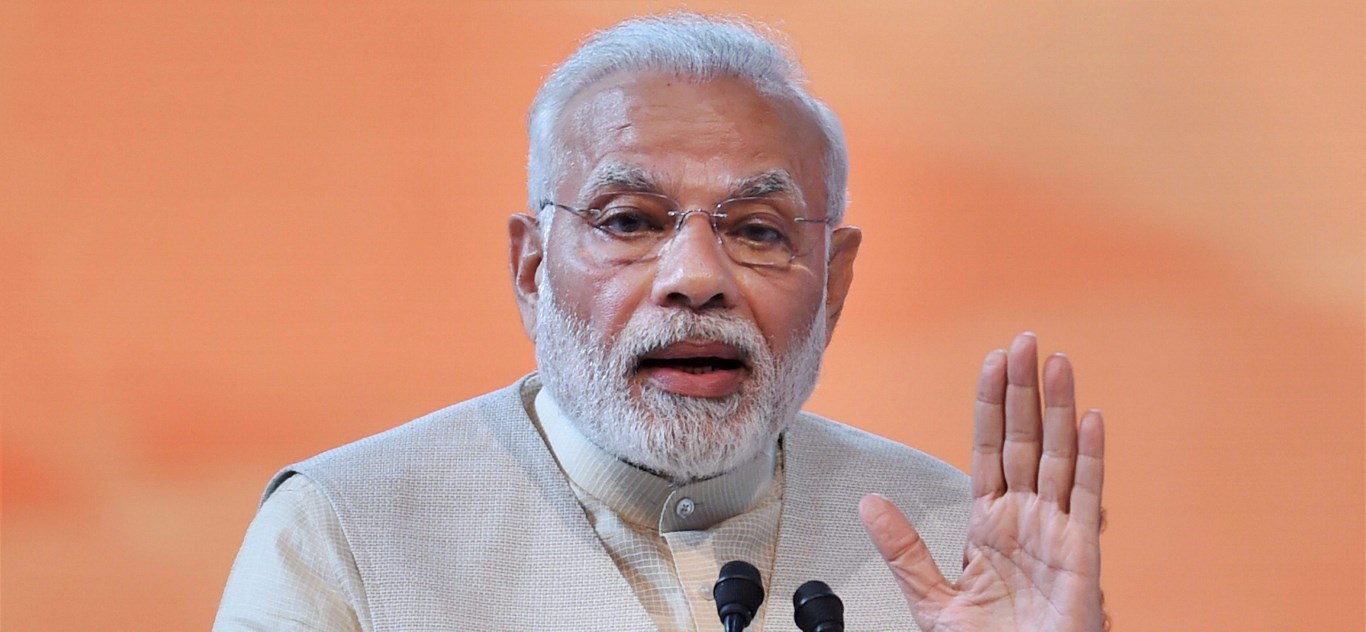Fake news vs press freedom?
April 4, 2018 | Expert Insights

On Tuesday, Indian Prime Minister Narendra Modi withdrew an order by the Information and Broadcasting Ministry to take action against journalists accused of reporting fake news. The ministry order had been harshly criticised for limiting press freedom. Fake news and misinformation is a growing problem in the country.
Background
The term “Fake news” has become increasingly popular, and is often linked to debates surrounding democratic process and free speech in the information age. US President Donald Trump has taken credit for coining the term “fake news”. He has repeatedly criticised media for what he deemed biased and “fake news”, attacking respected media outlets such as New York Times and CNN.
The term has increasingly been used by authoritarian leaders such as Duterte and Maduro to supress and discredit unfavourable coverage. In a move that has been criticised as an attack on free press, Malaysia recently passed a law that allows jail terms of up to six years for spreading “fake news”. Singapore has also announced its intention to implement anti fake news legislation.
A slightly different use of the term “fake news”, however, refers to news stories that deliberately spread misinformation or false facts. In recent years, the growth of social media has enabled the spread of misinformation. Misinformation has potential to cause social unrest and increase sectarian tensions. In some instances, such as the UK EU referendum, and the 2016 US Presidential elections, influence and misinformation campaigns are thought to have had a significant impact on the outcome of the vote.
Fake news is a growing problem in India as well. Only last week, co-owner and editor of Postcard News, Mahesh Hegde, was arrested for a fake news story that had potential to incite communal violence. Hegde had posted a picture of a Jain monk, claiming that he had been attacked by Muslim youth. Police later confirmed that the monk had been in a traffic accident.
Freedom of press is an essential part of any democracy. India has had a history of censorship during British rule, as well as during the Emergency in the 1970s. According to the 2017 World Press Freedom Index compiled by Reporters Without Borders, freedom of press in India has decreased in recent years. India ranks 136 of 180 countries, and is the third most dangerous country for journalists.
Analysis
On Monday, the Information and Broadcasting Ministry released a statement informing journalists that those caught propagating “fake news” would have their journalistic licence withdrawn. According to this order, journalists would be suspended until further investigation by the Press Council of India and the News Broadcasters Association. If found guilty three times, the journalist would lose accreditation. The new rule would be applicable to newspaper and television journalists.
This order received widespread criticism from journalists and the opposition, who claimed that the move was an attack on free speech and freedom of press. The Editor’s Guild of India strongly criticised the move, claiming that the state was “arrogating for itself the role of policing the media”. It added that the order would have “opened the door for frivolous complaints to harass journalists and organisations to fall in line.” The Press Club of India noted the necessity to address fake news, before adding, “A government fiat restraining the fourth pillar of our democracy is not the solution.”
The Ministry order was withdrawn after intervention from Prime Minister Modi less than 24 hours later. The PM’s office did not explain their decision to withdraw the order. “The prime minister has directed that the press statement regarding fake news be withdrawn and the matter be addressed in the Press Council of India,” an official from Modi’s office told Reuters. According to IANS, inside sources claim that the Prime Minister had not been consulted on the Information and Broadcasting Ministry’s order.
Information and Broadcasting Minister Smriti Irani took to twitter to state that the Ministry was open to interacting with journalists. “@MIB_India is more than happy to engage with journalist body or organisation/s wanting to give suggestions so that together we can fight the menace of ‘fake news’ & uphold ethical journalism,” she wrote.
Various interest groups including the Editor’s Guild, and the Press Club of India welcomed the government’s move to withdraw the order.
Assessment
Our assessment is that fake news has potential to be highly detrimental to secular, democratic society, and must be addressed. However, freedom of press is a cornerstone of democracy. We believe that mainstream media and journalists are not the main proponents of fake news. Social media and online portals play the most important role in creating and spreading misinformation. How will the state address the spread of misinformation through these channels?
Read more: Fake news busted








Comments